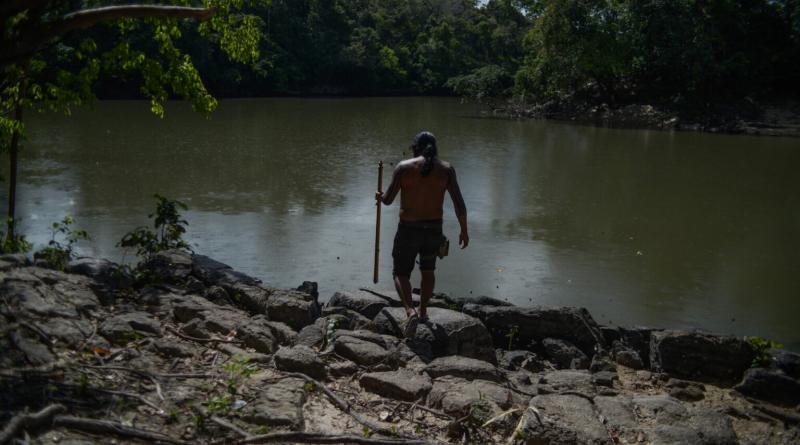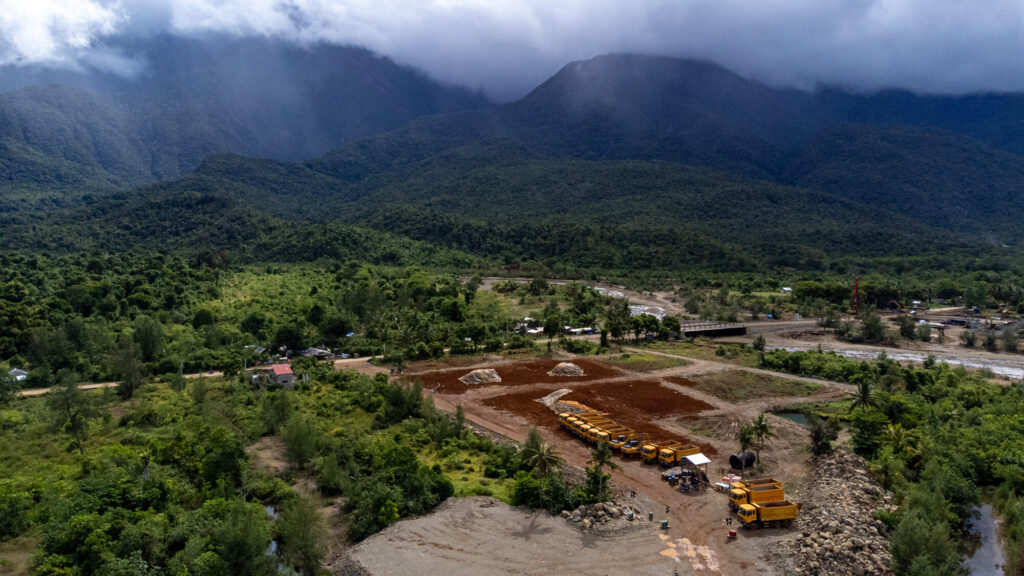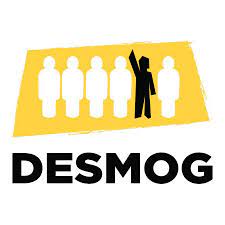Nearly 200 Environmentalists Were Murdered for Their Work in 2022

New report from Global Witness calls for greater protection of activists on the front lines of the climate crisis.
In early June of last year, Indigenous rights expert Bruno Pereira and Guardian journalist Dom Phillips set off together on a riverboat journey through Brazil’s Javari Valley Indigenous territory, to meet and speak with residents working to protect the area. They would not make it back alive.
Pereira and Phillips were two of at least 177 environmental and Indigenous land rights advocates killed last year, according to the non-profit organization Global Witness in its latest annual report on risks to environmental activists, while many more were threatened with violence or attacked. The researchers also found that the criminalization of environmental activists, which sometimes precedes violent attacks or murder, is on the rise.
Over the 11 years that Global Witness has compiled its reports, it has counted nearly 2,000 environmental defenders murdered for their work. But this is almost surely an underestimate, according to Laura Furones, lead author of the 2022 report.
“We fear there are many more defenders being killed every year that we never hear about,” Furoenes told DeSmog.
As in past years, Latin America was the deadliest region for environmental activists in 2022, with 9 out of 10 of the documented killings. 60 environmental activists were murdered in Colombia, 31 in Mexico, and 34 in Brazil.
Nearly 40 of the murders took place in the Amazon rainforest, which covers parts of Brazil, Bolivia, Peru, Ecuador, Colombia, Venezuela, Guyana, and Suriname. Since Global Witness began tracking murders of environmental activists about a decade ago, at least 296 in the Amazon have lost their lives.
Attacks in the Amazon “are happening on a regular basis,” said Furones.
However, few of them lead to the global media attention, or local arrests and indictments, that followed the disappearance and murder of Bruno Pereira and Dom Phillips in Brazil.
“These numbers are deeply troubling,” Kirk Herbertson, a senior policy advisor at EarthRights International who was not involved in the report, said in an emailed statement. “We all rely on the work of environmental defenders in the Amazon and other parts of the world to prevent deforestation, build responsible critical mineral supply chains, and prevent the worst effects of the climate crisis. We must do more to protect them.”
With 11 murders in 2022, the Philippines continued to be the deadliest country for environmental defenders in the Asia and Pacific regions, Global Witness found. The report also documented three killings in Indonesia and two in India.
Underreporting of attacks and murders in Asia and Africa presented a significant challenge to assessing risks to activists in these regions.

In southeast Asia, local communities and the environment have come under increased threat as governments put forward a narrative that more mining of rare earth minerals is necessary for the energy transition — such as for use in electric vehicle batteries. But they are just using a new argument related to climate change to perpetuate a long history of environmental injustices, Rodne Galicha, leader of the Living Laudato Si movement in the Philippines, said during a media roundtable sponsored by Global Witness on September 5.
“It’s very clear in the Paris Agreement that we need to protect human rights and integrity of ecosystems,” he said.
Furones agreed, telling DeSmog that “a transition to a zero-carbon economy is absolutely essential and it needs to come fast, but how it’s done is going to determine its success.”
Murders of activists are occurring with impunity, she said. Perpetrators typically face no consequences, while complicit governments and corporations evade accountability. Until this changes, she said, the risks will remain high for activists and their allies.
“The message has to be clear that killing a defender has legal and penal consequences,” said Furones.
In the European Union, a new law currently under negotiation, called the Corporate Sustainability Due Diligence Directive, would require EU-based companies — which often operate in the regions where activists face threats of violence and death — to assess the environmental and human rights impacts of their operations, and provide an avenue for victims of corporate abuse to use the courts to try to hold companies accountable.
Global Witness calls this new law a “potential game changer” for bringing about corporate accountability, but governments also have to respect their human rights obligations and ensure better protections for their peoples.
“We cannot win the fight against the climate crisis without protection for environment defenders,” Michel Forst, the new United Nations Special Rapporteur on environmental defenders, said at the media roundtable event.
In the report, Furones and colleagues emphasized the important role land rights and environmental activists play in advocating for climate justice. “Indigenous peoples,” she told DeSmog,” are very much on the frontlines of the climate fight.”




